Battle for Hada brings to life the 'Portal War' — a brutal conflict in which half the Hadeen tried to wipe humanity out, while the other half defended them.
How it works
In Battle for Hada, the fairy-world is divided into Game Pieces (Hexes) representing a map of the various kingdoms. There are 32 'Atlas' Dominions' and 4 'Journey' Dominions. There are 4480 'Atlas' Dominion Hexes available for free, which are divided into Pro-Human, Anti-Human and Neutral camps.
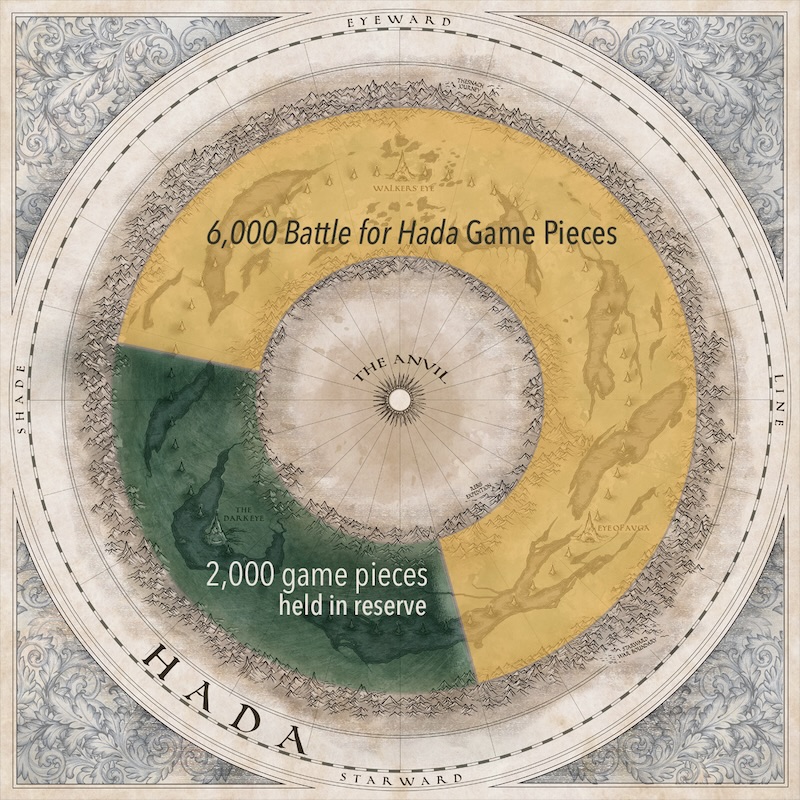
INTERACTIVE STORYTELLING WITH 'GLIM'
In the Emerald Anvil storyworld, the Hadeen manipulate a mysterious form of energy called 'Glim' to create wings and diamond-hard blades of light.
The amount of Glim produced by each Hex represents how powerful it is and determines its ability to influence story events.
Each Hex begins with a power of 100, with various factors affecting its final amount Glim: the type of Hex, the biome of the Hex and the 'attributes' of the Hex (0-3 attributes per Hex).
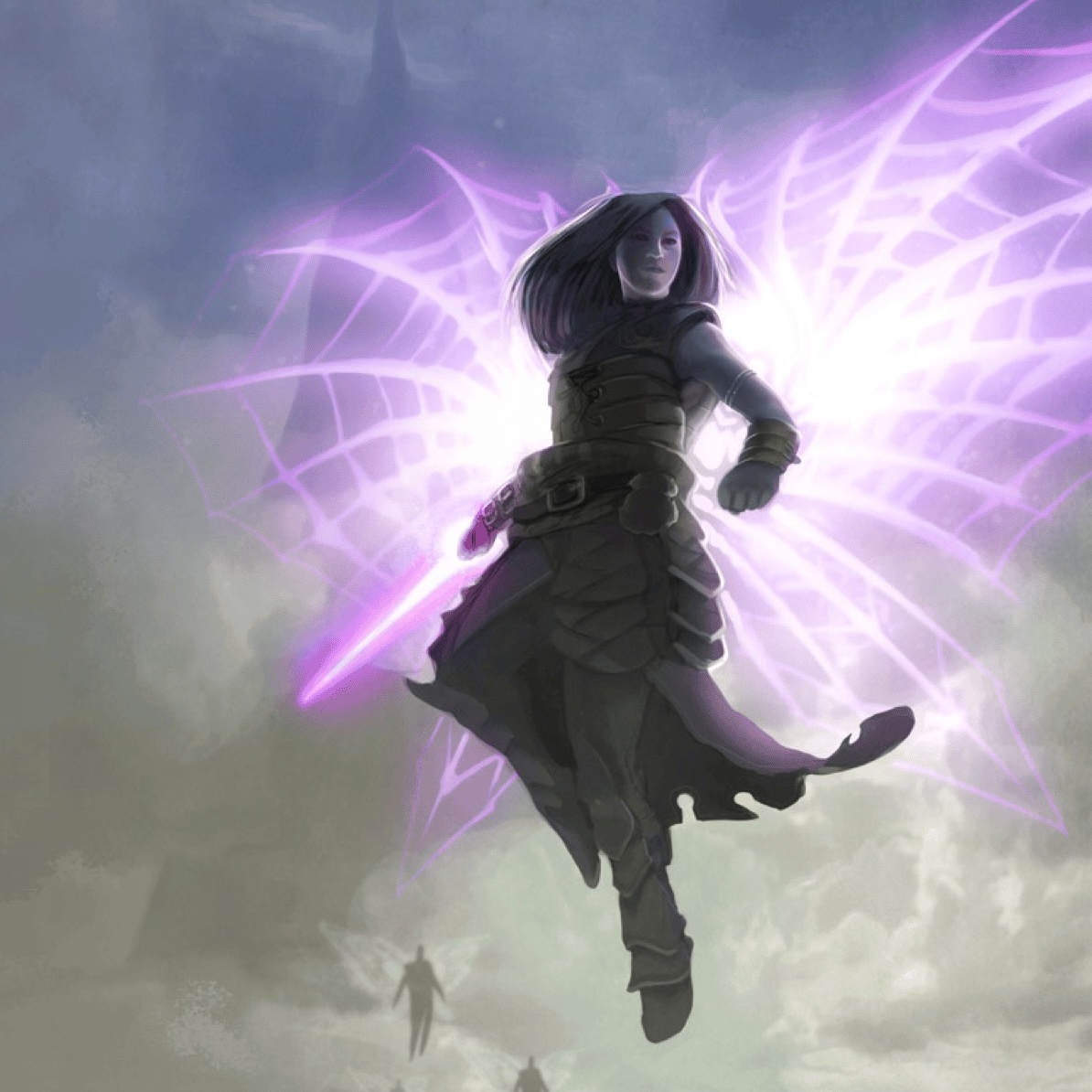
How the Hexes Work
Hexes represent an area of land on Hada. These parcels of the fairy world are depicted as three dimensional Hexes on a map. There are five basic types of Hex:
Standard
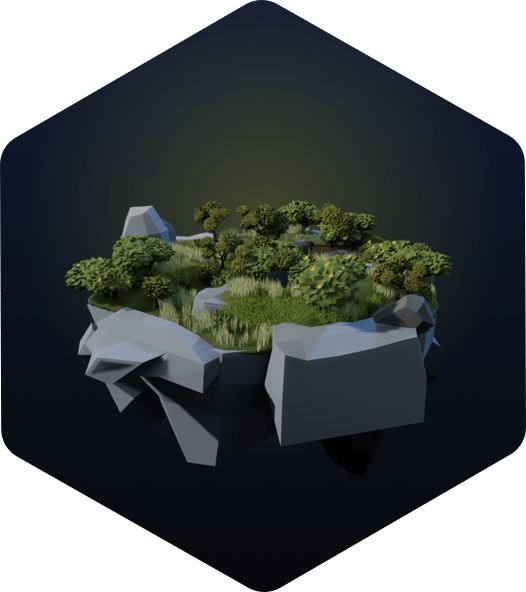
Base Glim of 100 and assigned a biome based on Dominion
Major City
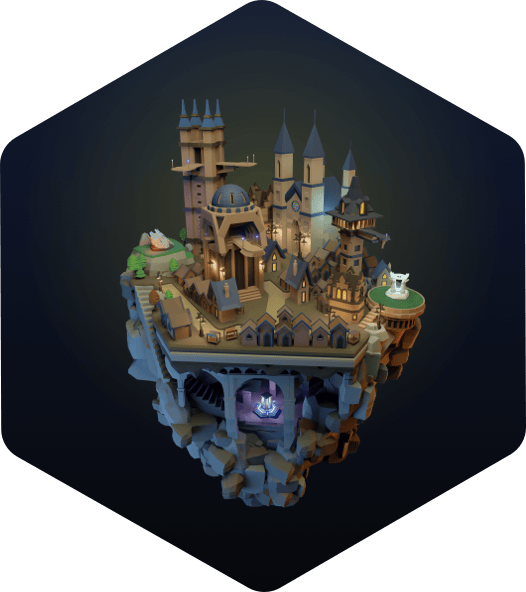
Base Glim of 115 and guaranteed to have 3 attributes
Capital City
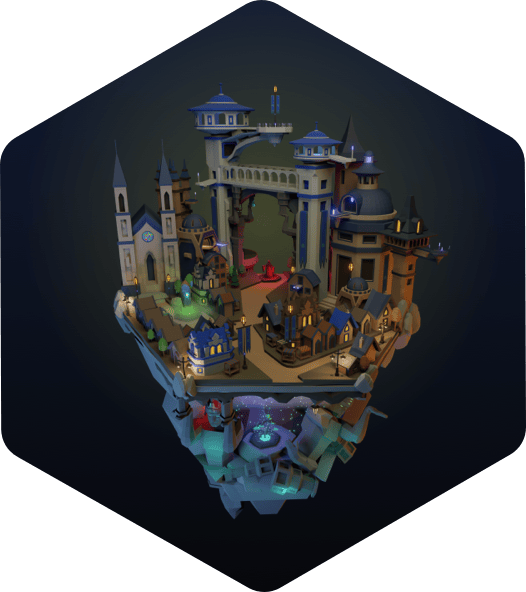
Base Glim of 120 and guaranteed to have 3 attributes
Depending on their location on the map, standard Hexes can be one of fourteen different biomes:
heavy forest
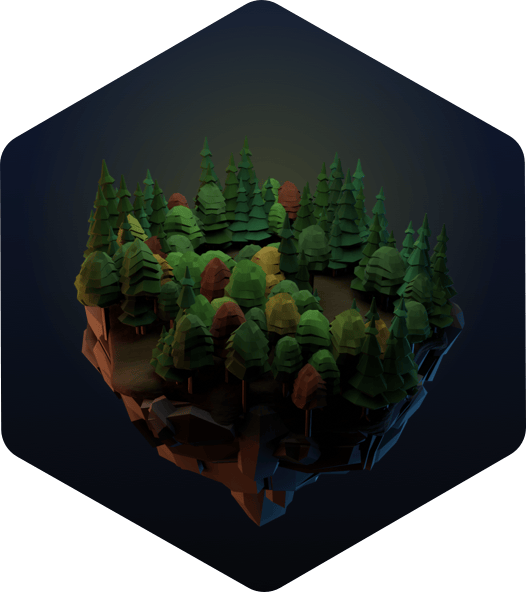
light forest
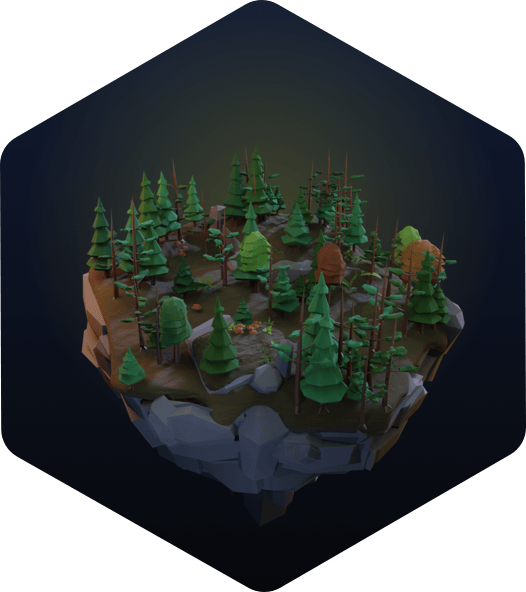
shrubland

plains
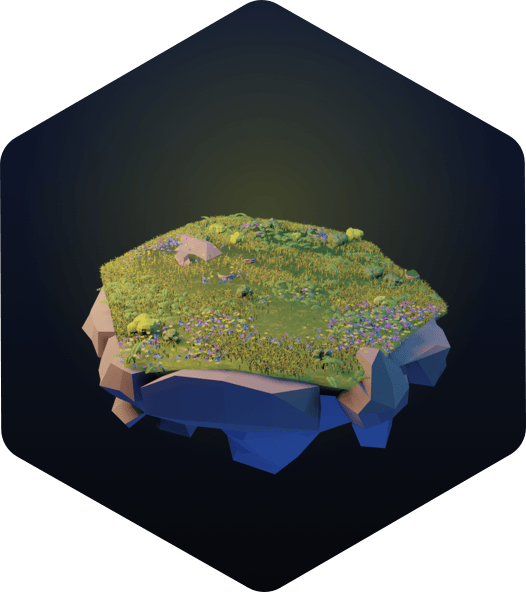
hills
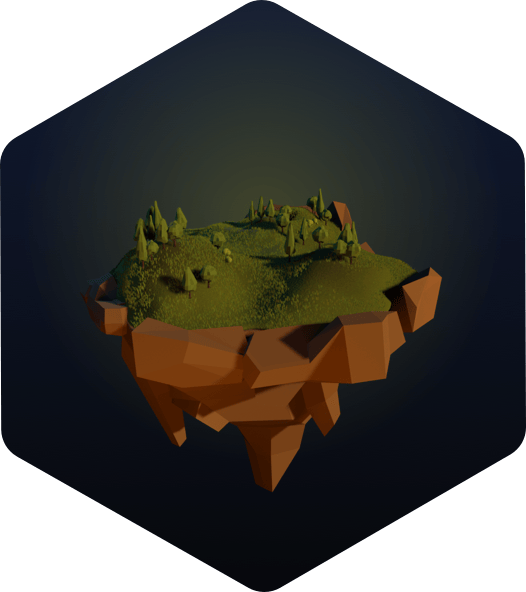
mountains

marsh
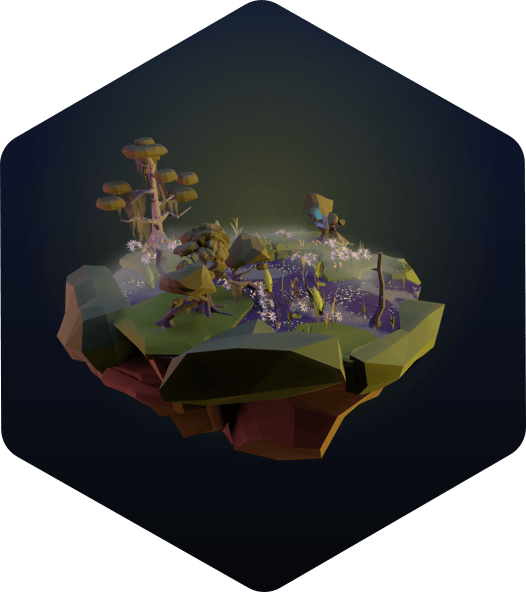
ocean coast
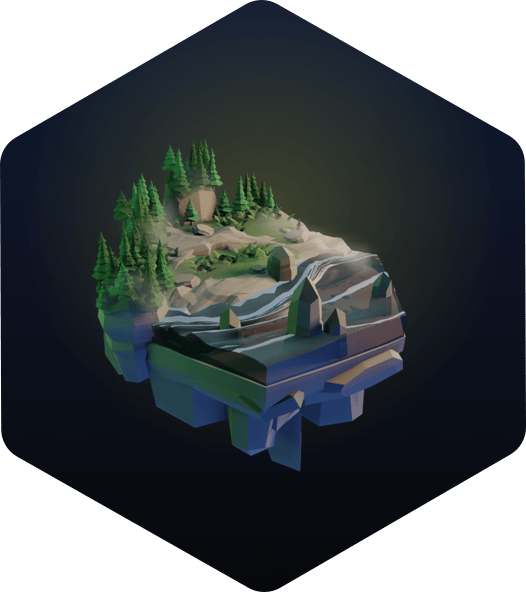
lake coast
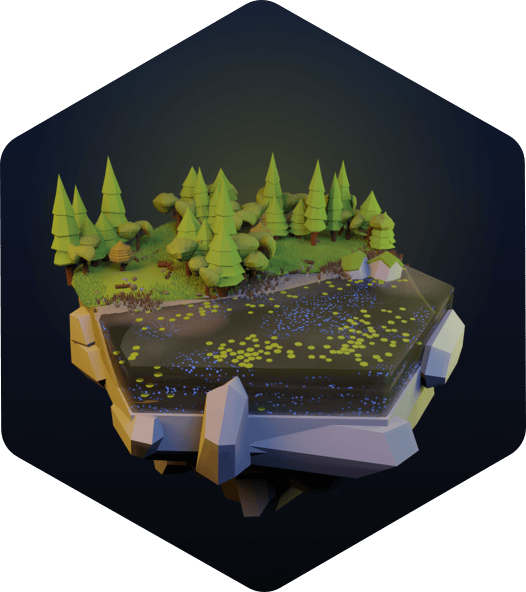
jungle
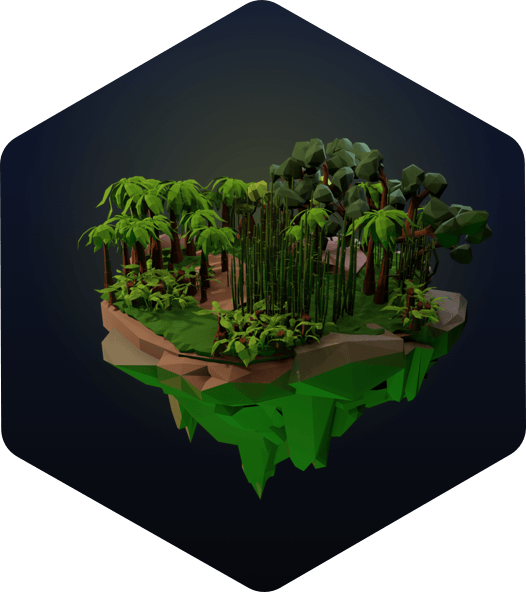
sub arctic
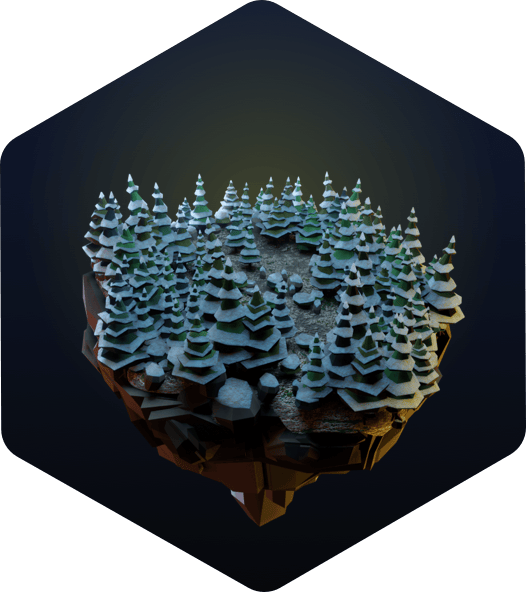
arctic mountains
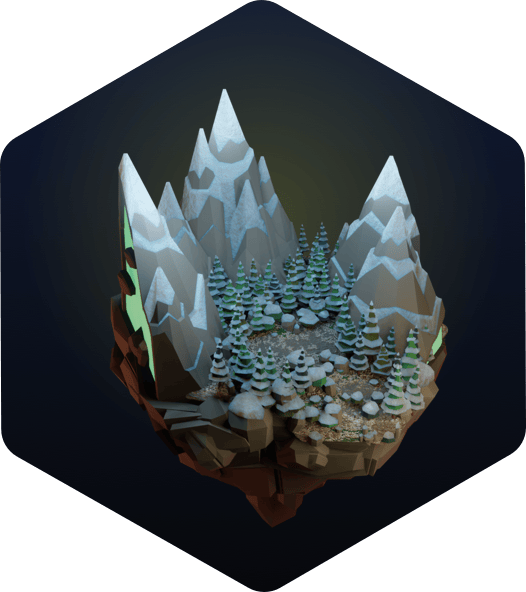
desert
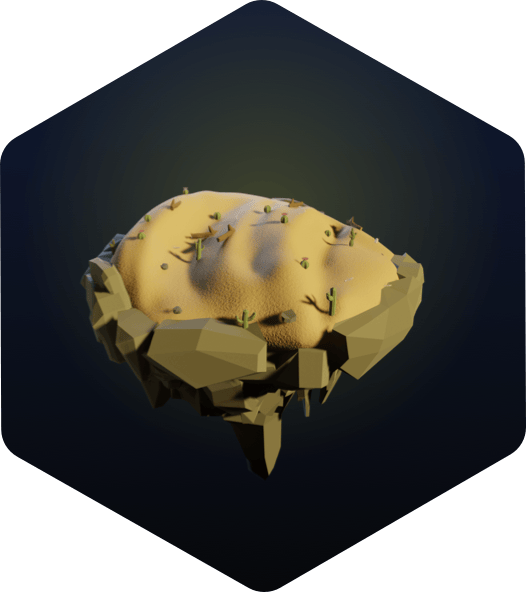
desert mountains
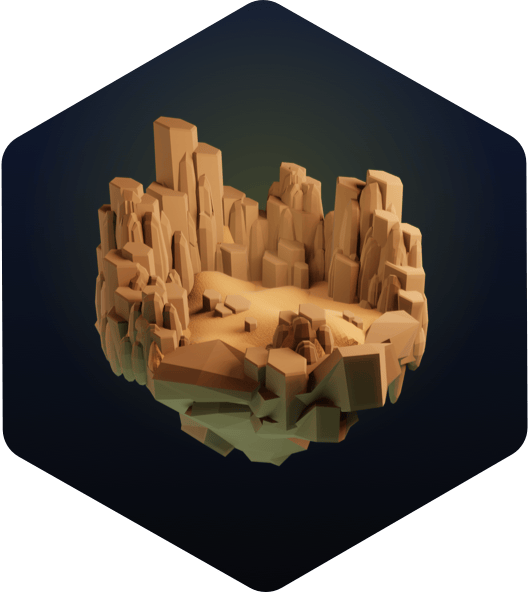
Hex Attributes
Attributes represent in-story elements of the Hexes and are depicted by icons placed on the Hexes. Each Hex has a set of attributes that define its characteristics.
Lesser Artifact
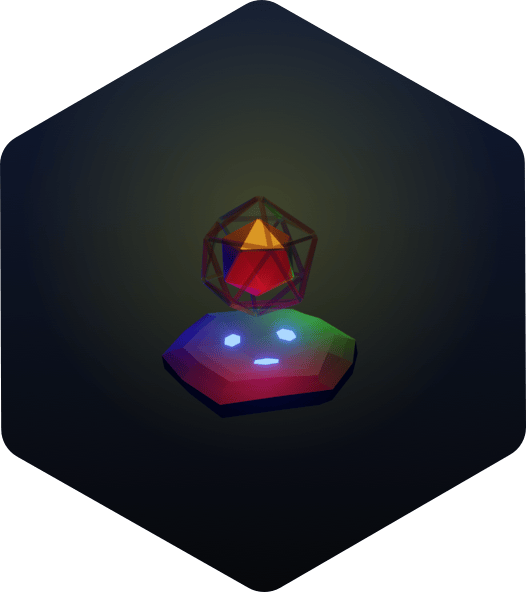
Frequency: Very Rare
Glim Effect: Adds 50 Glim
Military Presence
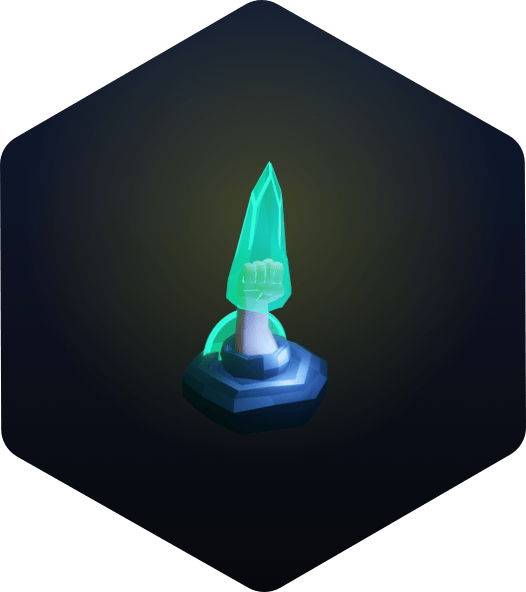
Frequency: Common
Glim Effect: Adds 5 Glim
Religious Shrine
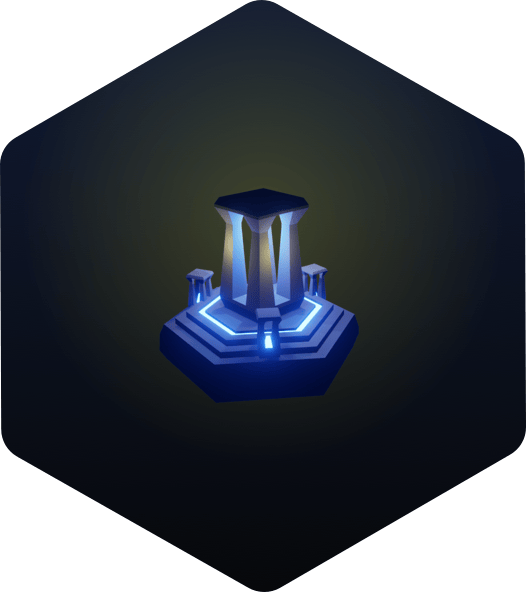
Frequency: Common
Glim Effect: Adds 10 Glim
Secret Cult
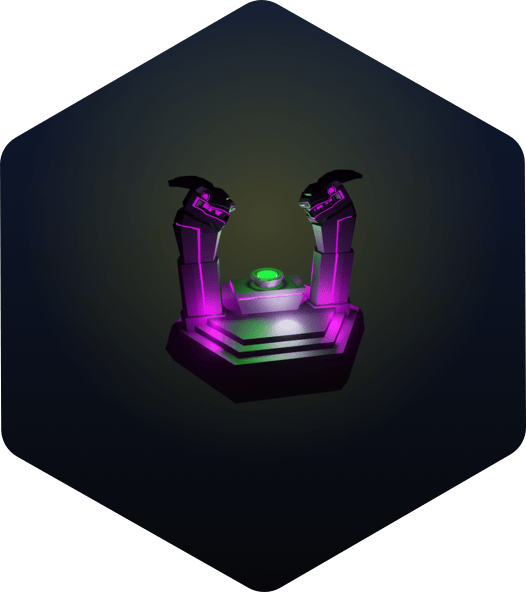
Frequency: Rare
Glim Effect: Adds 20 Glim
Patrolled by Pirates

Frequency: Uncommon (site specific)
Glim Effect: Adds 5 Glim
Wild Hadeen Presence
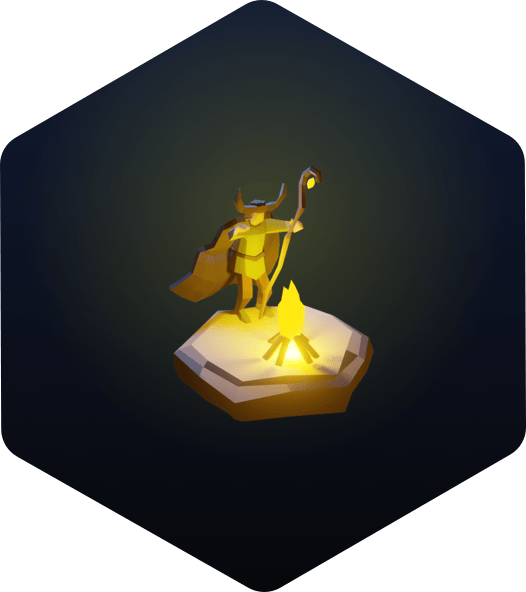
Uncommon (site specific)
Glim Effect: Adds 5 Glim
Evil Presence
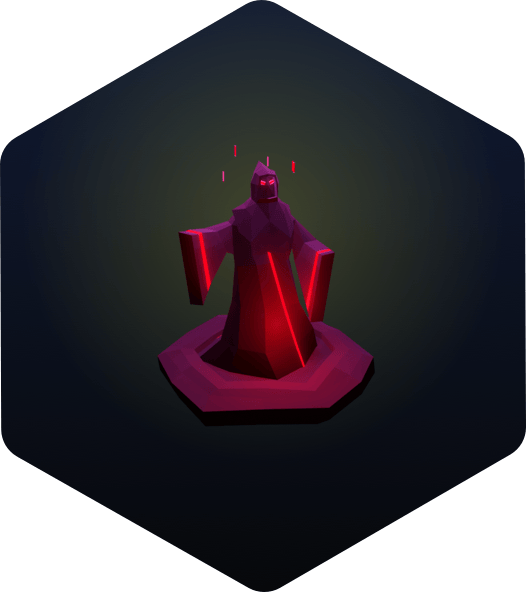
Frequency: Rare
Glim Effect: Adds 10 Glim
Epic Art
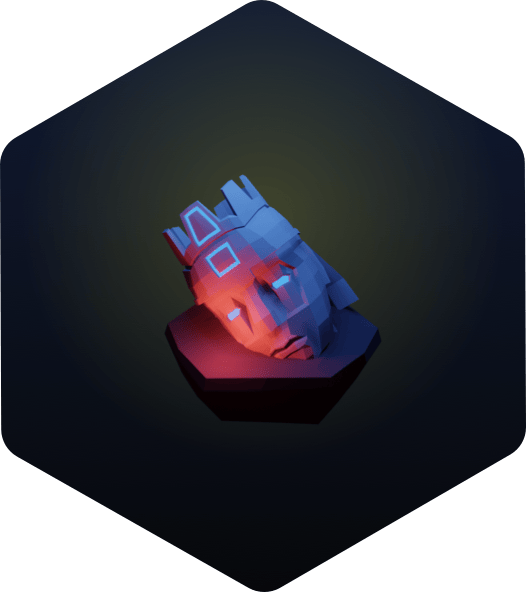
Frequency: Uncommon
Glim Effect: Adds 10 Glim
Monument of Peace
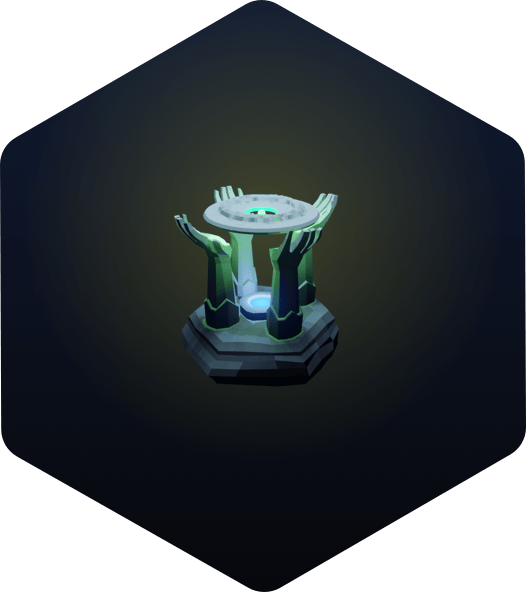
Frequency: Uncommon
Glim Effect: Adds 10 Glim
Glim Technology

Frequency: Rare (except Hogo Sha)-
Glim Effect: Adds 50 Glim
Ice Age Animal
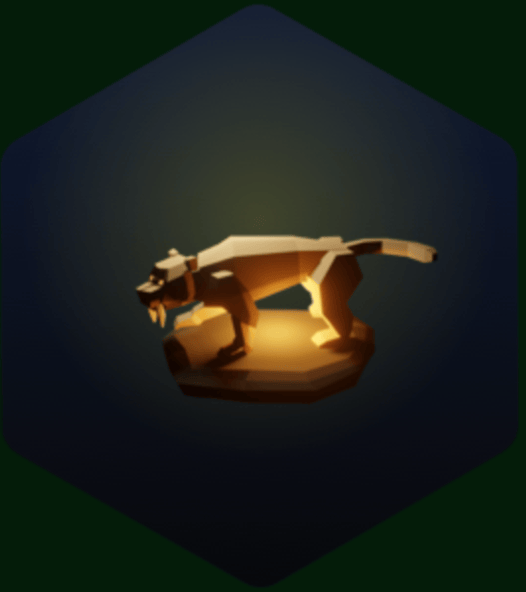
Frequency: Common
Glim Effect: Adds 5 Glim
Ancient Relic
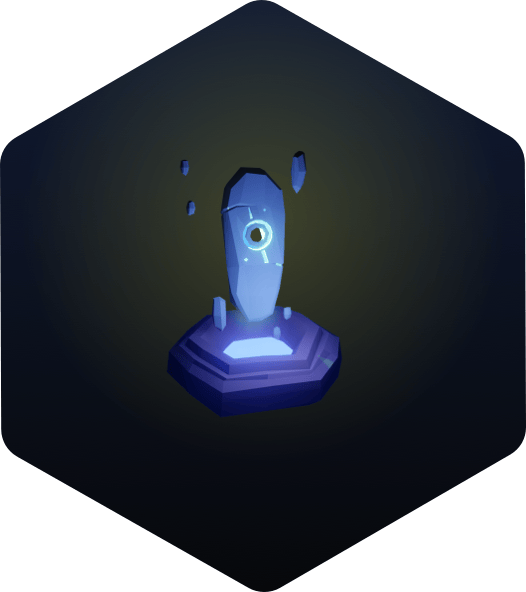
Frequency: Extremely Rare
Glim Effect: Adds 100 Glim
Glim Grove
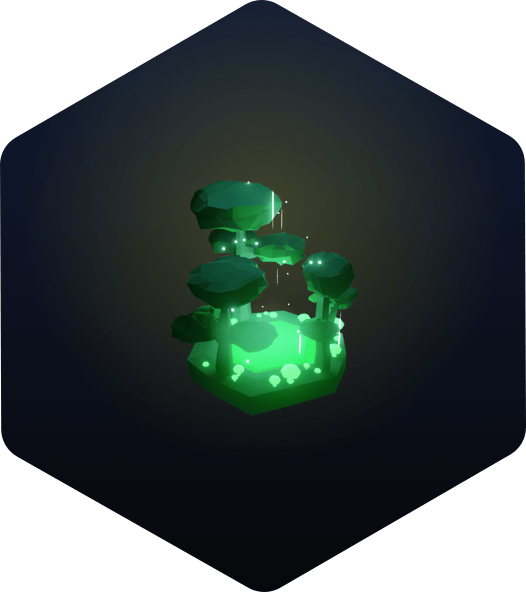
Frequency: Uncommon
Glim Effect: Adds 75 Glim
Dream Sugar
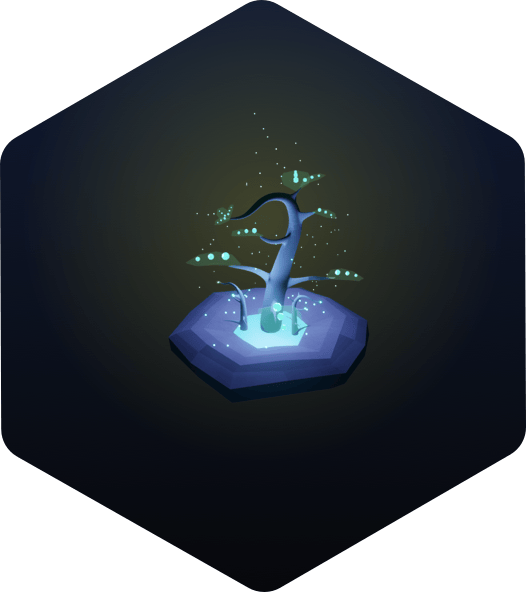
Frequency: Very Rare (except Pyshny)
Glim Effect: Adds 10 Glim
